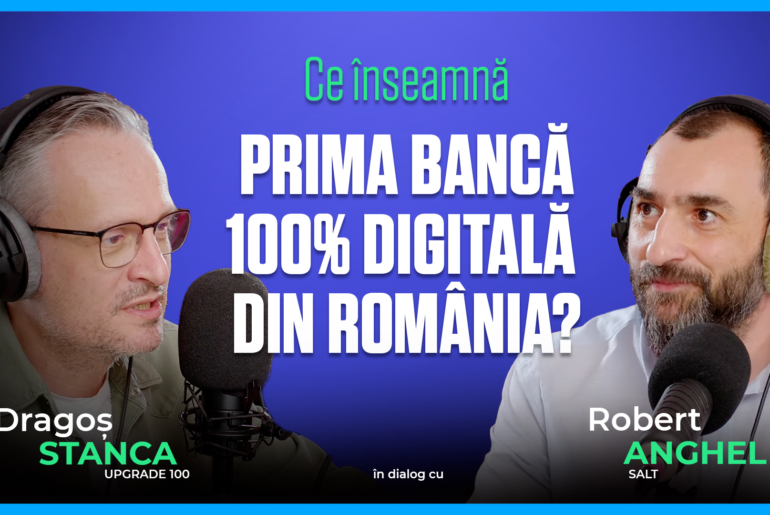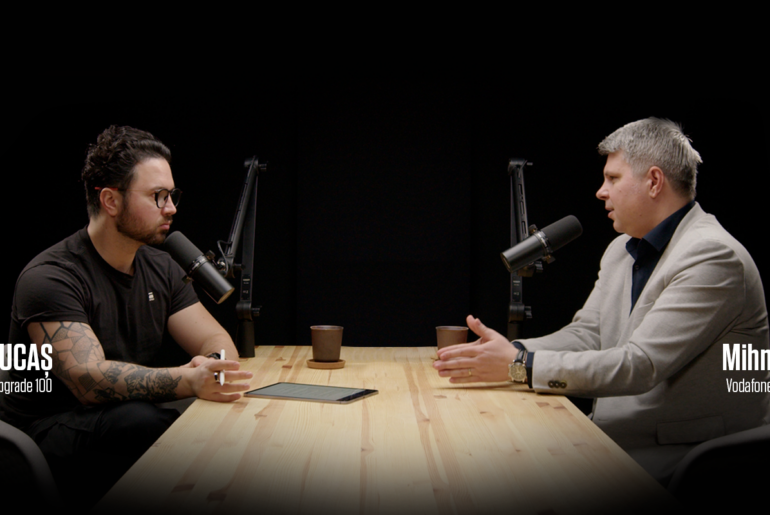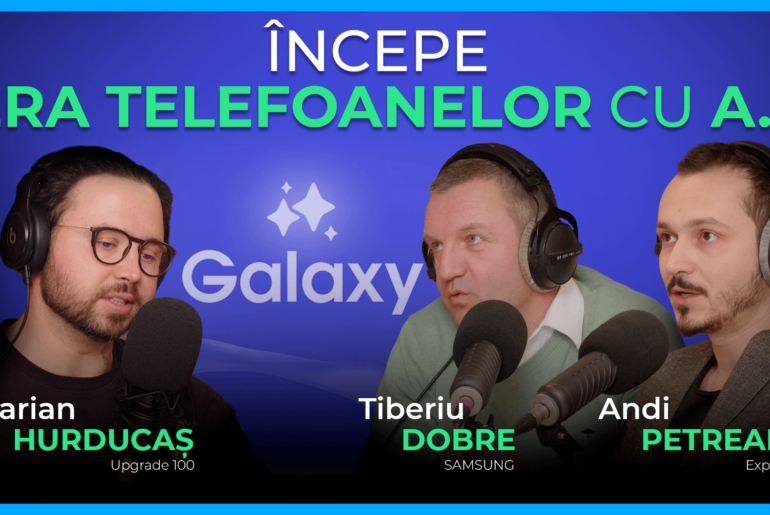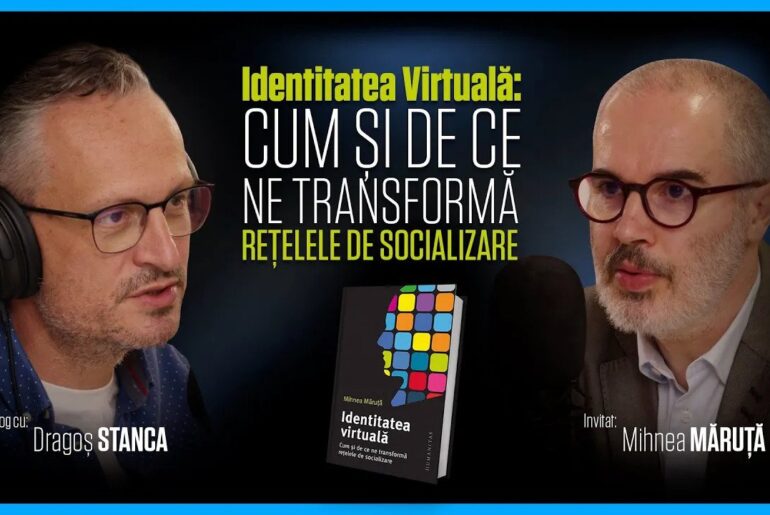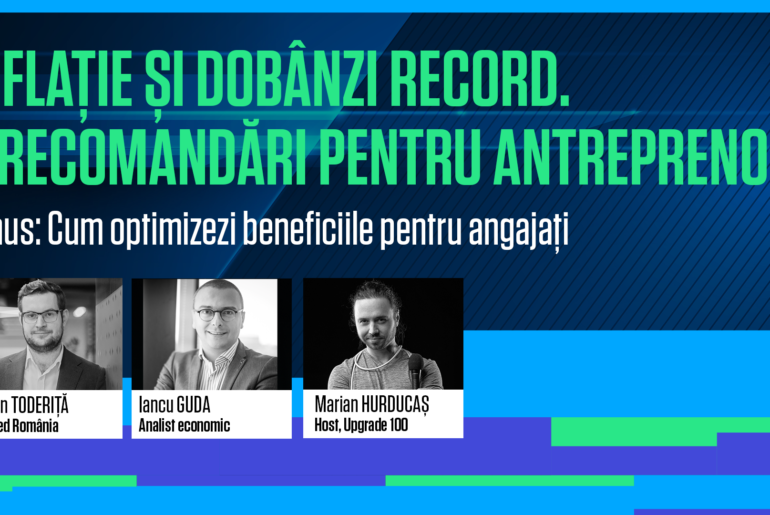By Vlad Petreanu, originally published in Romanian. Translated and published with permission.
A hackathon is, generally, a programming marathon; when designers, IT programmers, project managers, mentors and other interested people collaborate (intensively to develop digital projects). The Health Hackathon (n.b. Oct. 28-29) was a project initially conceived by Johnson & Johnson Romania, proposed by its pharma arm, Janssen, developed together with the other two J&J divisions: Consumers and Medical Devices, implemented with Smart Everything Everywhere (SEE).
Recently, I went to an event encouraging for our future: the biggest health hackathon in Central and Eastern Europe, somewhere, in the centre of Bucharest, in a space that proved to be hardly big enough for all who came to propose ideas for applications, digital products, services and platforms to improve medical services. To paraphrase one of the organizers: sooner or later, we all become patients, therefore it’s sensible to be interested by the future of healthcare.
Lorena Macnaughtan (n.b. jury), iCEE.health director: “There is a democratization of medicine, because people have access to digital gadgets to monitor their own health. As Steve Jobs said, the biggest discoveries of our century will emerge at the intersection of technology and biology.”
A hackathon is, above all, creative energy directed towards finding solutions to problems that you may not even be aware of in the first place.
Before the actual kick off of the competition, I have talked with most participants. I asked them to tell me what ideas are they going to attempt to find a digital solution for. I’ve put together an (incomplete) collection:
- A local alert system, by notifications and/or sms, to signal the need for blood donations for a hospital. Potential donors around an area are called on to donate to avoid desperate measures, running nationally, when there is a blood crisis.
- An app to identify, monitor and account for all tools and materials used during a surgery via image processing, to avoid the risk of forgetting anything inside a patient.
- A virtual reality app that helps children with eye problems to improve their sight via digital games.
Alex Talnaci, 13 years old, the youngest programmer at the Health Hackathon, accompanied by parents, came with three projects: an app to schedule doctor appointments, an app to search and identify based on specialties all Bucharest hospitals, and one to alert families and emergency services based on signals from a wearable bracelet.
- An app similar to Uber for patients who need a doctor.
- A solution to evaluate via thermic imaging the risk for breast cancer
- An app with medically curated content to monitor and check the development stages of a child, which allows for doctor notifications in case of problems
- A medication reminder (hours, medicine, days, etc.) for patients and for carers involved
- An app for scanning labels in shops that shows all components of a product, additives and ingredients, to which health recommendations are added; the app uses machine learning to improve.
Vlad Voiculescu, former Ministry of Health (n.b. mentor): “An Economist Intelligence Unit study shows that, over the next year, healthcare has the biggest potential to be changed by the new technologies”.
All in one, there were 21 teams, accounting for 100 participants, who worked over the weekend 24/24, on 21 projects. The winner, – 3 projects – will receive a total financial support of 15.000 USD from Johnson&Johnson Romania to continue developing their solutions. Over the next three months, Smart Everything Everywhere will ensure mentoring and will follow through the successful implementation.
Christian Rodseth, Janssen Managing Director and Johnson&Johnson Romania CEO: “The winners of this Health Hackhathon are, in fact, each and everyone of us; the projects impact is impressive, as they improve the life of patients and the efficiency of the healthcare system.”
The three winning teams are:
Sanguinity – an app to manage efficiently the blood donors database;
Sanguinity team: “Our team had this idea due to the countless crisis situations caused by the low number of blood donors. With this app, the blood centres could optimize their donor database and their flux. Via the app, the donors are informed regarding the need for blood and can schedule convenient times to donate.”
Baby Steps – a complex app that explains the development stages of a child and offers guidance for medical visits and vaccination schedule;
Baby Steps team: “With this project, we aim to offer parents in need of advise, specialist opinion, from curated sources, to allow them to monitor the development stages and the doctor’s visits necessary to their child care.”
MedNet (n.b. aka Generalii Bizantini) – an app to protect the privacy of patients’ data.
MedNet team: “The MedNet app is based on blockchain technology and aims to solve the privacy issue of the patients’ health data, in the context of the upcoming European regulations, in 2018. Our project is based on two years of documentation to understand both the technology and the best way to apply it to the Romanian healthcare system.”












